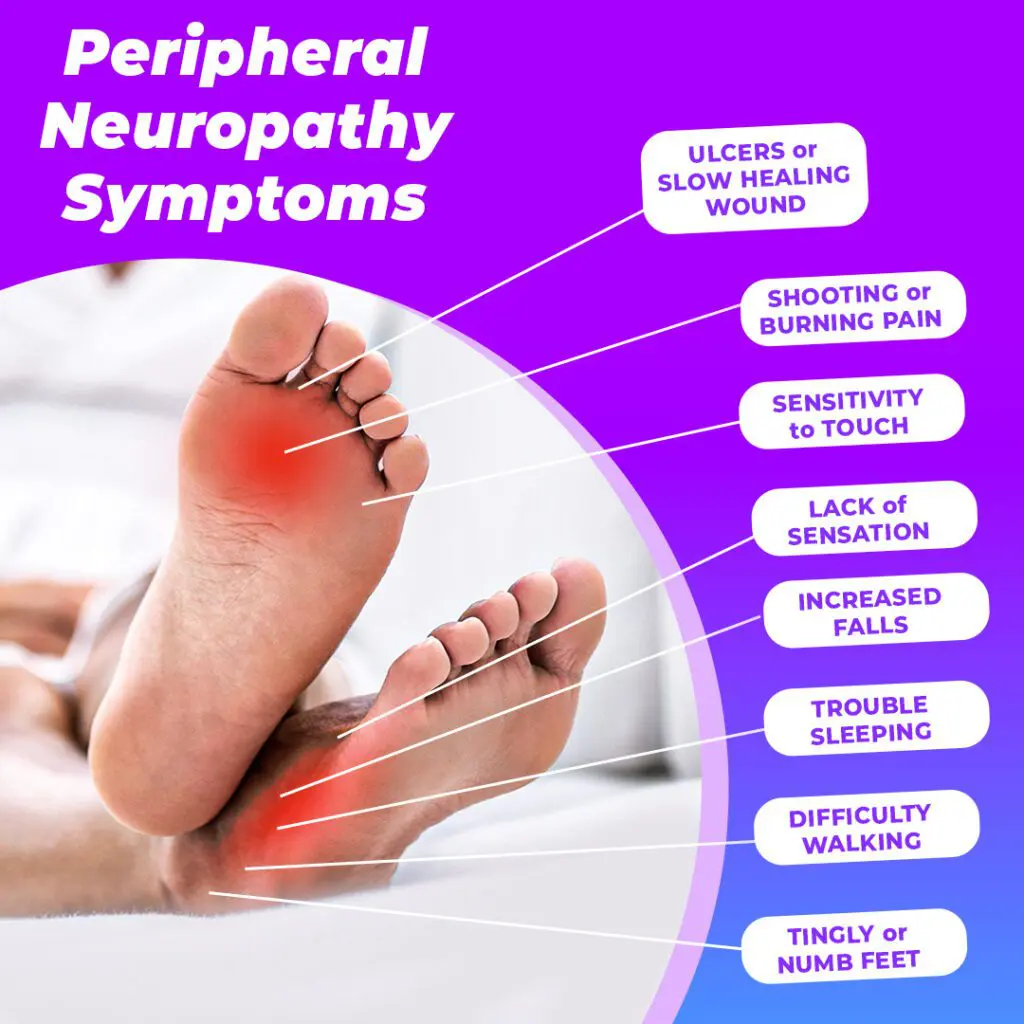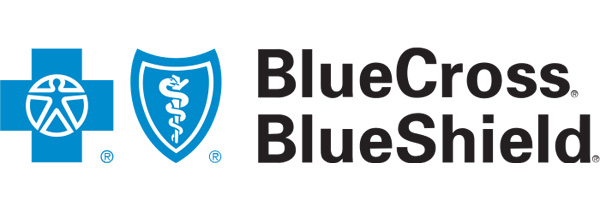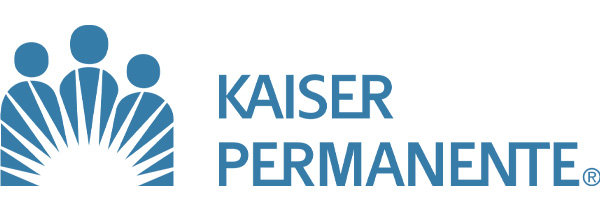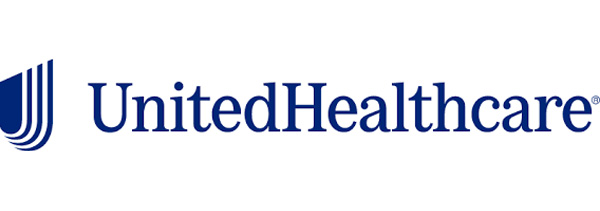
The Causes, Symptoms, and Treatment Options
Are you or a loved one experiencing numbness, cold, tingling, weakness, or pain in the hands and feet? These symptoms are often signs of neuropathy, a condition that affects the peripheral nerves. Neuropathy can have a significant impact on daily life, causing difficulties with balance, coordination, and overall well-being.
What is Neuropathy?
Neuropathy is a condition that occurs when the peripheral nerves, which are responsible for transmitting information between the central nervous system (brain and spinal cord) and the rest of the body, become damaged. These nerves play a crucial role in enabling the body to function properly, much like the wiring system in a car. When the peripheral nerves are damaged, they can lead to a range of symptoms, including numbness, tingling, weakness, and pain in the hands and feet.
Causes of Neuropathy Symptoms
Neuropathy-type symptoms can have various causes, including:
- Spinal Degeneration: Conditions like spinal degeneration, herniations, and stenosis can put pressure on the nerves, leading to damage.
- Infections and Trauma: Infections, such as Lyme disease, and physical trauma, like car accidents or sports injuries, can also result in neuropathy.
- Diabetes and Metabolic Problems: Certain metabolic disorders, such as diabetes, can cause nerve damage and contribute to neuropathy.
- Chemicals and Medications: Exposure to certain chemicals, medications, and toxins can have a detrimental effect on the peripheral nerves.
- Alcohol Consumption: Excessive alcohol consumption can lead to nerve damage and peripheral neuropathy.
- Chemotherapy: Certain chemotherapy drugs used to treat cancer can cause peripheral neuropathy as a side effect.
- Reduced Blood Flow: Some cardiopulmonary conditions result in reduced blood flow to the hands and feet, often causing a feeling of coldness that sometimes rises to the level of pain.
- Structural Issues in the Hands and Feet: Given the amount of work our hands and feet perform, the bones, muscles and ligaments inside them can end up in a disorganized state, causing the very symptoms of peripheral neuropathy.
Signs and Symptoms of Neuropathy
The signs and symptoms of neuropathy can vary depending on the type of nerves affected. There are three main types of nerves in the peripheral nervous system: sensory nerves, motor nerves, and autonomic nerves.
Sensory Nerves
Sensory nerves are responsible for transmitting information related to temperature, touch, vibration, and pain from the skin to the brain. When these nerves are damaged, it can lead to the following symptoms:
- Numbness, tingling, or prickle-like sensations in the arms, legs, hands, or feet
- Sharp, jabbing, burning, or freezing pain
- Throbbing pain and tight-band-like squeezing sensations around the hands or feet
- Decreased coordination and poor balance control
- Severe sensitivity to touch
Motor Nerves
Motor nerves control muscle movement. When these nerves are affected, it can result in muscle weakness or paralysis. Some common symptoms include:
- Muscle weakness in the arms, legs, hands, or feet
- Difficulty with fine motor skills and coordination
Autonomic Nerves
Autonomic nerves control various involuntary bodily functions, including blood pressure, bladder and bowel function, sweating, and heart rate. When these nerves are damaged, it can lead to the following symptoms:
- Altered sweating or heat intolerance
- Digestive, bowel, or bladder problems
- Dizziness or changes in blood pressure
Thorough Examination and Personalized Approach
Dr. Suzanne Frye and her team of doctors take the time to thoroughly understand your condition. This is followed by a detailed examination to identify the primary causes of your neuropathy. Many patients experience neuropathy as a result of diabetes, medication side effects, or nerve damage in the lower back. By addressing the underlying causes, Dr. Frye can develop a personalized treatment plan tailored to your specific needs.
Advanced Technology and Treatment Options
At Frye Chiropractic, advanced technology and treatment options are utilized to support the healing of damaged nerves. Dr. Frye and her team offer cutting-edge therapies that focus on restoring the environment necessary for the healing process to occur. These treatments may include:
- Non-surgical Spinal Decompression Therapy: This therapy is highly effective in re-establishing the normal pumping mechanism of the discs, promoting healing and rehydration.
- Class III / Class IV Laser Therapy: Laser therapy stimulates the nervous system using specific frequencies that promote neuroplasticity and nerve healing.
- Photobiomodulation: In addition to Lasers, we work with cutting-edge Photobiomodulation therapies that promote broader healing.
- Electro-Medicine: Electrical stimulation techniques are used to address nerve function and aid in the healing process.
- Extracorporeal Shockwave Therapy: A therapeutic technique that employs high-energy sound waves to stimulate the body’s natural healing process.
- Spinal Manipulation: Chiropractic adjustments to help realign the spine and improve nerve function.
- Nutritional Recommendations: Nutritional guidance to support nerve health and recovery from Neuropathic symptoms.
Comprehensive and Individualized Treatment Programs
Comprehensive and individualized treatment programs based on their specific conditions. . These treatments are tailored to address the root causes of your neuropathy and provide relief from your symptoms. More importantly, a distinct approach to return function where the function has diminished – the ability to enjoy life doing the things you enjoy
Neuropathy can significantly impact your daily life, causing pain, numbness, tingling, and difficulties with balance and coordination. However, with the right treatment and care, relief is possible. Dr. Suzanne Frye has developed a sub-specialty in neuropathy treatment and can help you manage your symptoms. With a personalized approach, advanced technology, and a compassionate team, Frye Chiropractic provides hope for a better future. Don’t let neuropathy hold you back – take the first step towards relief today.







